Don't wanna be here? Send us removal request.
Text
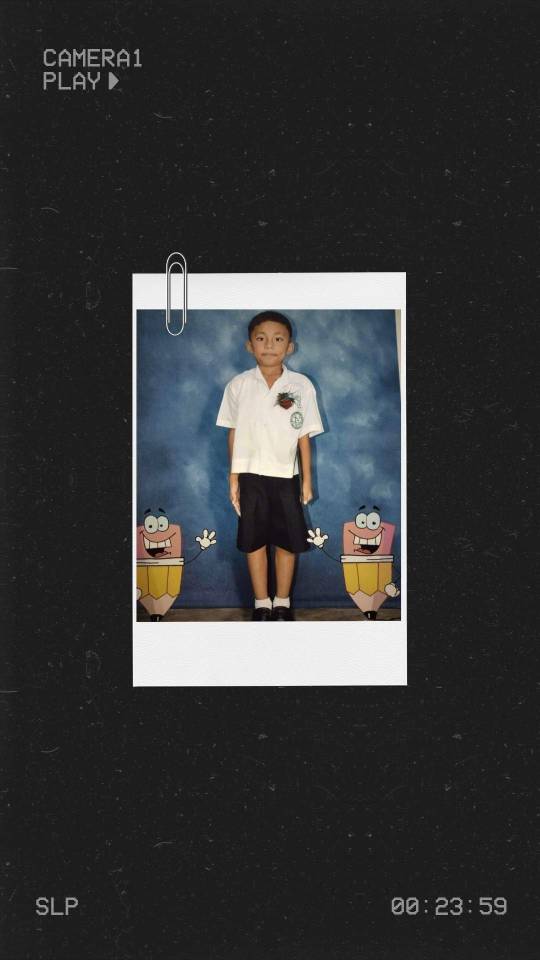
5 YEAR OLD ME,
Five years old can be a really fun age! Your child loves to play and is extremely imaginative. They still feel little and adorable, but they are becoming quite the conversationalist, and their ability to pick up new information and ask thoughtful questions will seriously impress you.
This age isn’t without its ups and downs. Five-year-olds are still learning to regulate their emotions, so meltdowns happen from time to time. Still, your child is moving toward becoming more mature, and is able to do big kid things like going to school, and brushing their own teeth. Your child’s language skills are really exploding at this age. “Five-year-olds are fluent talkers,” says Molly O'Shea, MD, official pediatrician of Goldfish Swim School. “They use pronouns correctly, recognize colors, and understand and use direction words like 'over,' 'under,' and 'next to. this age love to recount the things that happened to them during the day, and can recall details from hours before. They are also able to carry out more detailed directions than they did before, a skill that will help prepare them for kindergarten.
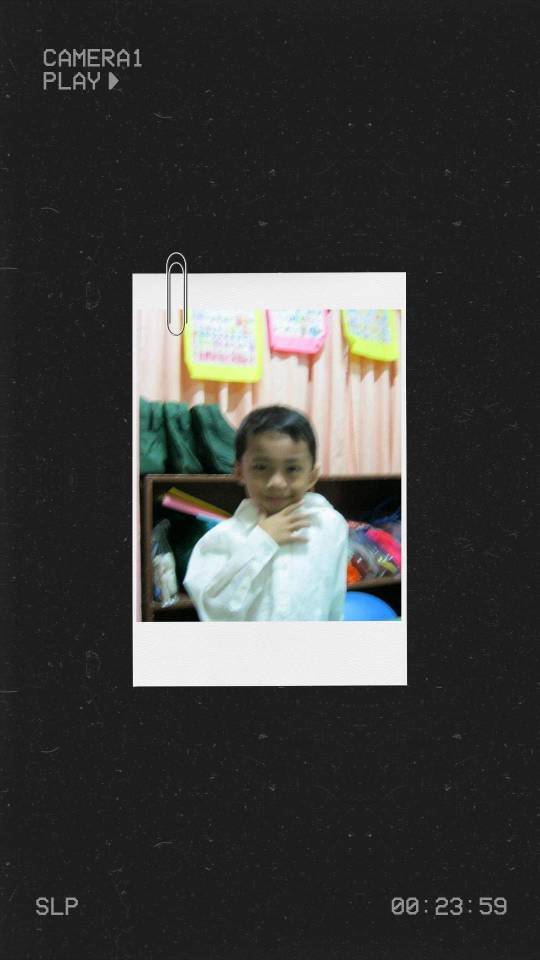
3 YEAR OLD ME,
In 3-year-olds, growth is still slow compared with the first year. Most children have become slimmer and lost the rounded tummy of a toddler. All children may grow at a different rate, but the following is the average for 3-year-old boys. Speech development is very exciting for parents as they watch their children start to speak clearly and interact with others. Every child develops speech at his or her own rate, but these are some of the common milestones in this age. Children may progress at different rates, but these are some of the common milestones your child may reach in this age group and Understands size differences such as big and little, Counts up to 4 objects by 4 years old. And says full name and age may have fears of certain things. For example, dark, monster under bed, and going down the drain. Attempts to solve problems remembers certain events Can point to the correct picture when asked a simple question about it.
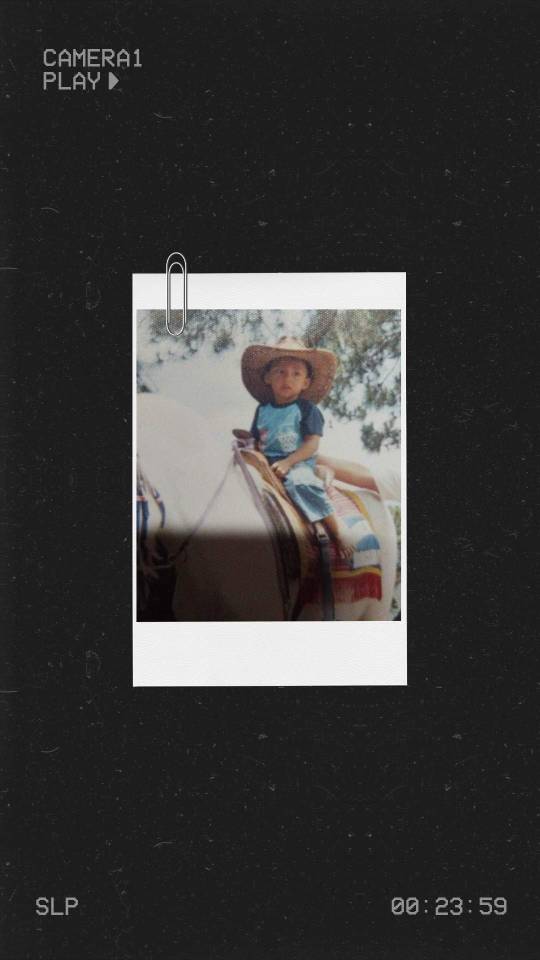
1 YEAR OLD ME,
During the 12 months between ages 1 and 2, you'll watch your baby start to become less like an infant and more like a toddler! You'll witness a physical transformation as your 1-year-old begins to master new motor skills that help them gain a bit of independence and you'll likely begin to see their unique personality emerge.
"You are stepping into a beautiful but also challenging time," says Victoria Tenenbaum, a board-certified behavior analyst who holds a bachelor’s degree in education and a master’s degree in applied behavior analysis. She adds that babies learn from their environment, and parents and caregivers are the role models that they observe and follow in order to learn about the world around them. Knowing how to set boundaries, encourage positive behaviors, help them explore their environment, and let them get a little messy every now and then will help you enjoy this transitional phase to toddlerhood.
0 notes
Text

17 YEAR OLD ME,
At this point, I've experience a many things that makes a teenager. I wanna try something more exciting at this age like doing what teenager do but I put some boundaries on it. And at this age I learn many things like drinking alcohol going home late and many more. And experiencing something that I thought I was not ready for but here I survive and starting to make my the best version of my self.
And at this age I travel a lot meeting new people making good memories and going out to my comfort zone learning new things choosing friends that will held me to the good path, making wise decision on my life. And at the age of 17 I slowly getting my confidence playing in the big league of basketball learning from the best and keep striving to improve my my self being a basketball player and maybe one day basketball can help me to achieve my dream.
"ONE DAY ALL THE HARD WORK WILL PAY OFF!"

16 YEAR OLD ME,
Turning 16 is big deal to most teens. Not only does their freedom expand with the addition of a driver's license, but they also are becoming more cognizant of what they want to do in their future. Those who plan to attend college may be visiting universities or preparing to take the appropriate standardized tests.
As for parenting, 16-year-olds can bring both joy and frustration to their parents and caregivers. Along with all the reasons for immense pride in how your teen is growing up and accomplishing goals, there are bound to be a few struggles along the way too. On the one hand, you might get to see your teen land the starring role in a musical, earn a spot on a sports team, get a driver’s license, or make the honor roll. On the other hand, there also might be academic challenges, risky behaviors, or straight-up rudeness, none of which are easy to deal with.

15 YEAR OLD ME,
This is a time of changes for how teenagers think, feel, and interact with others, and how their bodies grow. Most girls will be physically mature by now, and most will have completed puberty. Boys might still be maturing physically during this time. Your teen might have concerns about her body size, shape, or weight. Eating disorders also can be common, especially among girls. During this time, your teen is developing his unique personality and opinions. Relationships with friends are still important, yet your teen will have other interests as he develops a more clear sense of who he is. This is also an important time to prepare for more independence and responsibility; many teenagers start working, and many will be leaving home soon after high school.

14 YEAR OLD ME,
Fourteen can be a pivotal age for both young people and their parents or caregivers. Not only are many 14-year-olds just beginning high school, but they also are heading down the path toward becoming a healthy, responsible adult. This can be both exciting and challenging—for both of you.
At this age, many 14-year-olds are developing their unique identity, gaining independence, and likely exploring (or thinking about) romantic relationships. That can be a lot to take in as a parent. But, by providing plenty of supportive guidance and helping them gain the skills they need for a successful future, you both can weather this transition seamlessly.
And at this age I didn't enjoy it much because of the virus that makes the whole world into crisis at this age I'm just home thinking what memories I've done if there's no virus and no lockdown maybe I learn new things again.

13 YEAR OLD ME,
As your child makes the transition from being a 12-year-old kid to a 13-year-old adolescent, you are bound to see some interesting changes. Not only will your child be making a mental shift as they begin to view themself as a teenager, but they also will be experiencing a variety of physical and emotional changes as well. For instance, your 13-year-old may become sensitive to their changing bodies or take notice of the changes in their peers if they are slower to develop.This realization may cause them to worry that they are different or abnormal in some way—especially if they are not growing body hair or have not hit a growth spurt yet. They also will be experiencing a variety of emotional changes they begin to spend more time with their peers. They may also struggle to think about the consequences of their behavior before they act. This has to do with different parts of their brains develop at slightly different rates.

12 YEAR OLD ME
A 12-year-old’s brain may have stopped growing in size, but it’s nowhere near done developing. Abstract thinking, problem-solving, and logic are all becoming easier. “They show improvement in reasoning and information processing as they continue to mature,” says Chris Cardona-Correa, MD, an adolescent medicine fellow at the University of Minnesota. “The young adolescent may demonstrate the capacity for long-range planning, and the ability to consider other points of view and feelings, and this capacity continues to develop as they grow older."
However, the prefrontal cortex, which is the part of the brain that plays a role in impulse control and organizational skills, is still maturing. So don’t be surprised if your 12-year-old engages in some potentially impulsive behavior.By 12, most children have a strong command of language and communication skills. They are able to think beyond literal interpretations, and proverbs and idioms won’t fly over their heads anymore.

11 YEAR OLD ME,
Eleven-year-olds are also beginning to realize that there are multiple ways to look at a piece of information, situation, or issue, and they start to understand that there is a gray area where there was previously only black and white. “Cognitively, children nearing middle school mature in their abilities to think through problems, plan, and organize; they also learn to think less concretely and more flexibly about how the world works,”
Some of this progress comes down to the development of your 11-year-old’s executive function skills, which are a combination of the cognitive, communication, motor, and sensory skills that will continue to mature into your child’s 20s. They start to understand more fully the consequences of their actions, can be more responsible with chores, and can better empathize and understand the perspectives of other people.
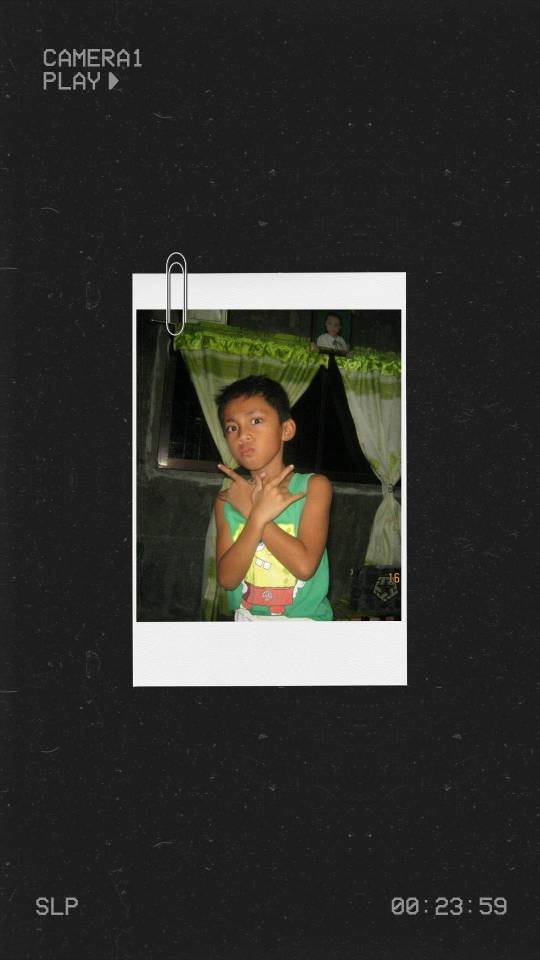
10 YEAR OLD ME
As children reach the age of 10, many will start to think of themselves as being almost teenagers. While some 10-year-olds will start looking and acting more mature, others will remain more child-like, both physically and emotionally. Ten-year-olds are emerging adolescents. Their bodies and brains are going through these tremendous changes," explains Aliza Pressman, PhD, an assistant clinical professor of pediatrics and psychologist at Mount Sinai Kravis Children’s Hospital in New York City. This transformation can be startling for parents and also unsettling for their children.
However, regardless of how old they may look or seem, don't forget (even if they do) that they are still children in need of parental support and guidance. In fact, they may need their parents more than ever. Being 10 is all about change. Their bodies, hormones, emotions, social circles, and skills are all in flux this year. It is a period of monumental transition that can offer challenges and delights as children start to embrace the approach of the tween years. For many children, the development phase around 10 years old is packed with learning and rapid-paced cognitive growth. Right before your eyes, your child may seem to blossom from a little kid into a much bigger one with emerging critical thinking skills, huge advances in academic learning, a drive for independence, a growing social life, and a lot to say. They also begin to have a greater awareness of the perspectives of others and how they relate to their own.
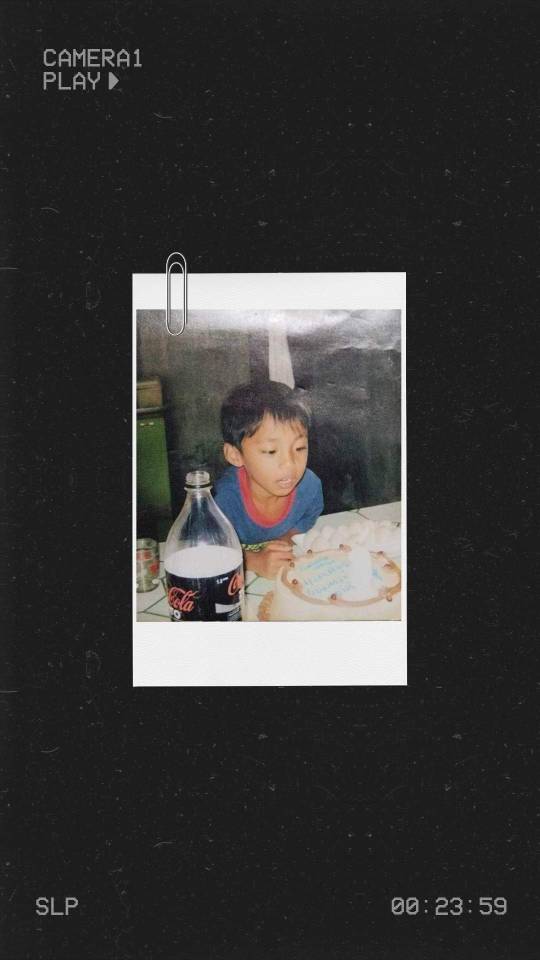
9 YEAR OLD ME,
Nine-year-olds are maturing emotionally and becoming more cognitively advanced. They are continuing to grow taller and stronger and they may be mentally ready to excel in sports and other physical activities. But don't be surprised when they suddenly become tired, moody, or change interests day-to-day. Age 9 can be a bit of a roller coaster, and we are here to help guide you through it. At 9 years old, you'll continue to witness lots of language growth in your child as well as cognitive developments. Let's break them down. By age 9, the baby-talk of earlier years is mostly gone. Nine-year-olds can mostly speak with the same grammatical patterns as adults, and people who don't know your child well will generally be able to understand them. You may find yourself more interested in reading your child's homework assignments at this age. Nine-year-olds can effectively express themselves in writing.

8 YEAR OLD ME,
Age 8 can be a magical year. It's the year that your little kid really becomes a big kid. Middle childhood is a time of physical, mental, and emotional growth. It's possible you'll notice that your child no longer asks for your help with their homework and they may be wanting to spend more time with their friends. Eight-year-olds are becoming more independent and more mature. You may be pleased to see that they begin to show genuine empathy for others and start to put others first in situations that they haven't before, such as happily letting a younger sibling go first in a family game. This age is not without its challenges, but overall, it tends to be a peaceful and enjoyable year between children and their parents.
Here, we'll break down all you need to know about your 8-year-old's development emotionally, socially, and physically, as well as brief your on safety tips and when certain concerns might warrant a call to your child's pediatrician.
1 note
·
View note